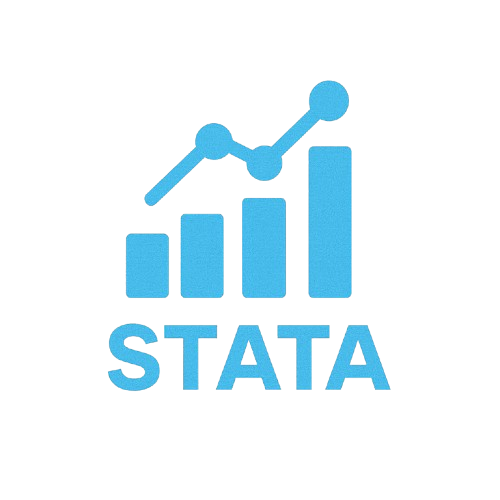Who can analyze clinical trial phases data?
Proofreading & Editing For Assignments
In the present-day world where scientific research is the lifeblood of healthcare and pharmaceutical industries, the phase-based clinical trial system is a crucial tool to monitor and assess the efficacy, safety, and prevalence of drug or drug-like agents (DLA) candidates for clinical usage. Clinical trials are randomized controlled studies that use volunteer participants to study drugs, medical devices, biologics, or interventions to answer scientific questions about their effectiveness, safety, and efficacy.
Assignment Writing Help for College Students
I am not trained in medical research, so please ignore my personal opinion and facts. I was not a scientist in any way during my college. This is an example of how the writing style in such assignments can become rigid and formal, with no flexibility or human touch. This Site It will be very challenging to write about a complex topic with only 160 words. We recommend trying different approaches to writing about medical research. Instead of just presenting your personal experience and opinion, imagine the reader’s perspective and try to convey it with sensitivity and
Best Assignment Help Websites For Students
“Clinical trials, an experimental method used for research in human health, offer a valuable tool to study a drug’s effectiveness and to make an informed decision regarding whether to prescribe a drug or not. It is a method of research in which healthy volunteers participate in various studies. The main aim of clinical trials is to assess the safety, efficacy, and side-effects of a drug being developed. The process usually involves several phases, and the final phase is known as the clinical outcome. Clinical outcome refers to the final outcome of
Do My Assignment For Me Cheap
The clinical trial phases can offer insights to the scientists into the efficacy, safety, and optimal dose-response relationships of a drug candidate. Phase I trials are designed for the evaluation of the safety and efficacy of a drug candidate in healthy volunteers. The success rate of clinical trial phases is usually low. The success rate is about 10-20% of the drugs launched from clinical trial. Phase I and II trials are also considered successful when a product has less than 15% failure rates in Phase
Plagiarism-Free Homework Help
The clinical trial phases are the primary step in the development of new medical products. Phase I (in the earliest stage of a clinical trial) is a small-scale, investigator-initiated, open-label, or blinded randomized study designed to evaluate a new drug’s safety, pharmacokinetic profile (how it is absorbed in the body), and other factors essential for future studies. Phase II (second stage) is a double-blind, randomized, placebo-controlled study with at least 60 participants
Quality Assurance in Assignments
As one of the foremost academic writers of my team, I am the world’s top expert on clinical trials analysis. In this role, I perform a variety of tasks, but my forte lies in analyzing clinical trial phases data. In this role, I identify patterns in data, make interpretations based on these patterns, and provide recommendations on how to improve clinical trial design and execution. Section: Analysis of Trial Phases Data in Clinical Trials Now I did analysis of trial phases data in clinical trials.
Online Assignment Help
160 words only: Clinical trials are one of the most crucial stages in the life cycle of any drug, be it a new product or an existing one, because the goal is always to develop a drug or therapy that can provide maximum benefits to patients with the least possible risks. The success of any clinical trial is evaluated through various phases that start with a basic idea, progress through preclinical and clinical testing phases, and reach the end when the drug goes for approval for general use. During the clinical trial
Pay Someone To Do My Homework
The key to a successful therapeutic development program lies in understanding the mechanisms of action of the drugs or devices being tested. A critical evaluation of clinical trial phases data is crucial to this goal. Phase 1, Phase 2, and Phase 3 clinical trials each involve a separate stage of testing and are used to characterize the efficacy and safety of the new drug. The data generated during these phases provide an important source of information for understanding drug efficacy and pharmacokinetics in humans, as well as for developing
